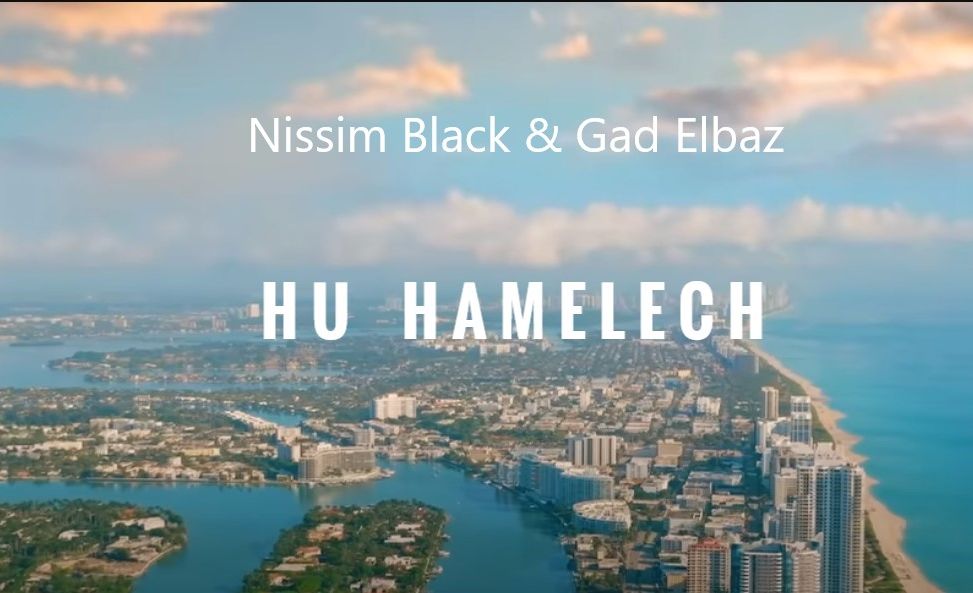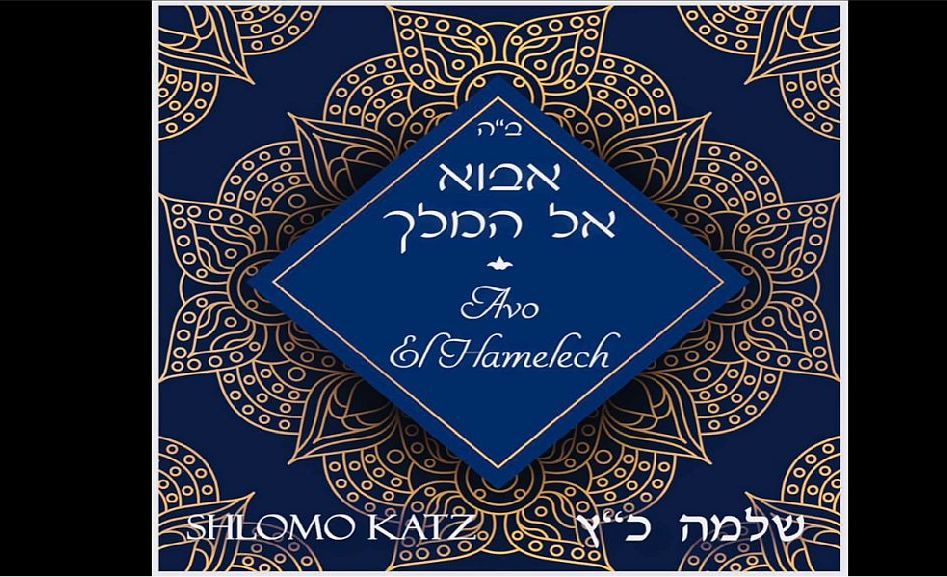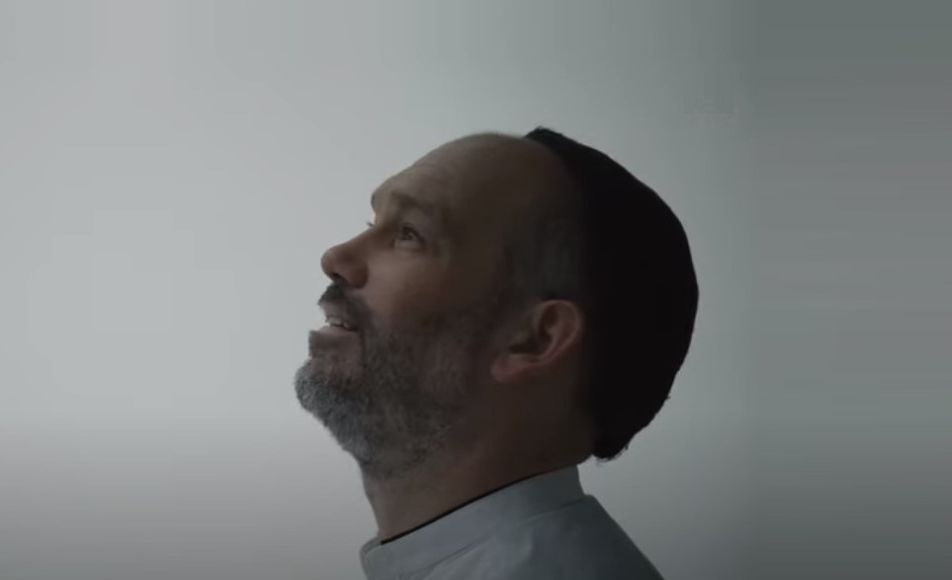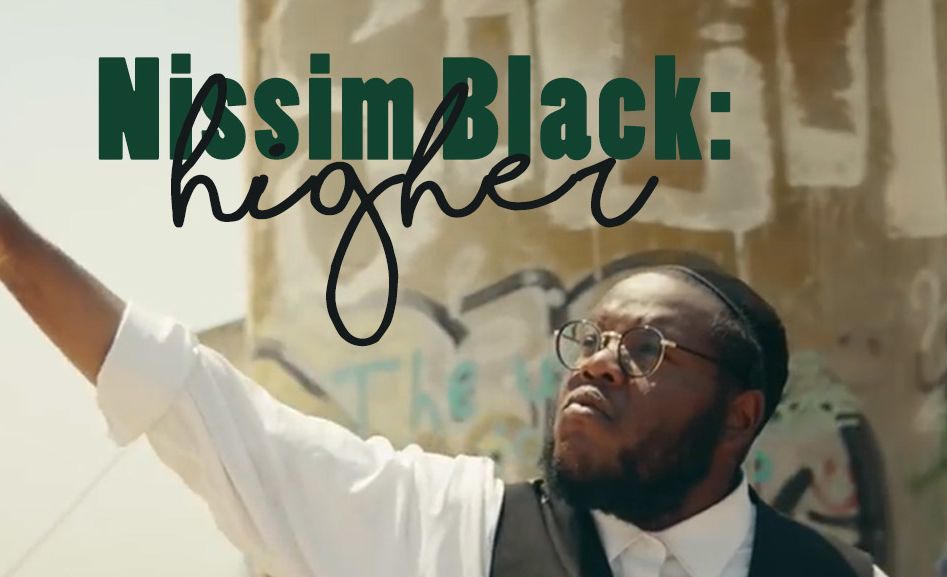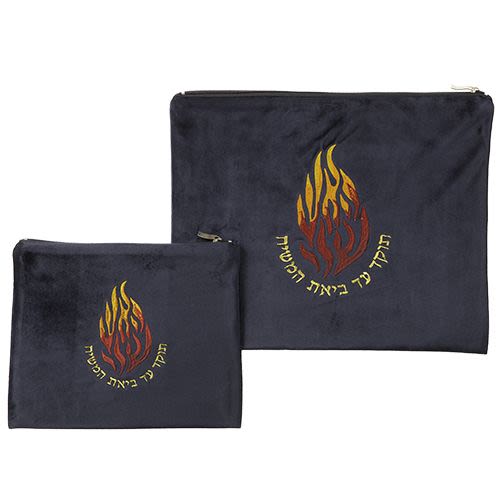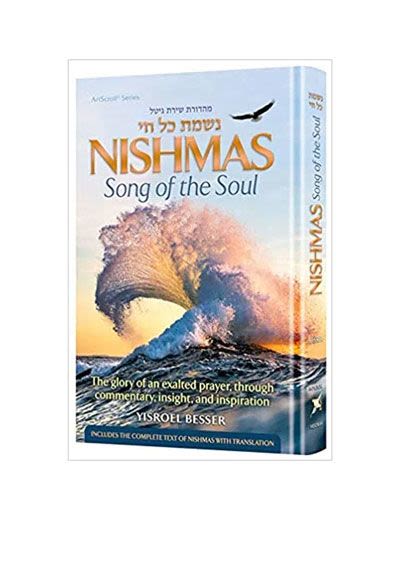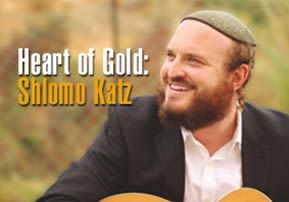
Heart of Gold: Shlomo Katz
A lovely melody without words can bring a person closer to Hashem than a thousand sermons; this is Rabbi Shlomo Katz's very special musical mission…

On a wintry afternoon during one of his U.S. concert tours, singer-songwriter Shlomo Katz sits in a borrowed Nissan Altima and discusses the power of music. He speaks passionately yet calmly, sounding more like a rabbi than a world-renowned musician and recording artist; he is in fact a rabbi, as well as the author of a series of books based on the teachings of another rabbi-singer-songwriter, Shlomo Carlebach.
Spiritually inspired by Shlomo Carlebach and musically influenced by Neil Young, Shlomo Katz views music as a way of reaching souls on a deep level. To him, music isn’t about entertaining. It’s about communicating. It’s about connecting people to G-d and to prayer.
Shlomo Katz, who grew up in Los Angeles and now lives and teaches in Israel, has so far recorded four solo albums (including his recently released Likrat Shabbat, a collection of previously unreleased Shlomo Carlebach songs) as well as albums with his brother Eitan, Aaron Razel, Chaim Dovid and others.
And in nearly every album he records, he includes at least one lyric-free niggun (melody), a Jewish tune with vocals but without words.
“One of the hardest things for me,” he says, “is to put words onto niggunim (melodies) that come down.”
But that’s not why Shlomo Katz composes and sings wordless niggunim. Though most of his songs contain lyrics, he gravitates toward niggunim without words because he feels they’re vital to Judaism.
Especially today.
The challenges afflicting our generation — from rising divorce rates, epidemic depression, and rampant addictions to skyrocketing anti-Semitism — are staggering. And to Shlomo Katz, the power of a wordless niggun that breaks through the barriers of the heart and helps us get closer to G-d and to our own mission in life, whether in personal prayer or in a concert hall, is sorely needed now more than ever.
As the Nissan Shlomo’s sitting in makes its way down a snow-lined road the day before a concert, Shlomo mentions that it was the Baal Shem Tov, founder of the Chassidic movement, who revealed that “a niggun without words is one of the key fundamentals in the experience of a Jew in this world.”
“Why so?” Shlomo asks. “Why is a niggun without words such a crucial and fundamental practice in today’s Yiddishkeit more than ever?”
He pauses, lets the question hang in the air for a moment, then answers, “Because when I’m singing a niggun without words, I can be in a room with 500 people and we’re all singing the same notes; each of us might be thinking about something else. But because we’re not limited by our expressions through the meaning of the words, there’s oneness in the room based on the power of tefilla (prayer), and the notes that come out through the tefilla.
“And this power of music,” Shlomo continues, “is so crucial because what people suffer from more than anything these days is spiritual congestion. Something’s stuck, something is bubbling up inside, something’s not coming out and the more that we think that we actually live our lives, practice our Yiddishkeit, get close to Hashem and all those around us and essentially get close to ourselves without letting out so much of what’s bubbling up inside, we’re kidding ourselves.
“Comes the power of a niggun, and you can’t really explain what it is, which is a good thing because it’s not really meant to be explained, but the rivers of expression, the rivers of thankfulness, of crying, of tears, of yearning and for longing, are expressed through a good, heilege sweet niggun.”
Shlomo Katz, who received his rabbinical ordination in 2006 (just one year after his first solo album), changes gears slightly and explores another aspect behind the importance of songs without words. Citing the Zohar, he points out how using words and song lyrics is a very limited and even inefficient way of communicating.
With a smile in his voice, Shlomo says, “The Zohar HaKodesh says that — and it’s something that modern psychology has definitely picked up on now — that when man speaks he basically is only expressing ten percent of what is truly taking place inside of him.
“But not only that, the one who listens to that man speaking is only able to receive and incorporate ten percent from what that man said; that’s the kind of lack of communication we live with in this world. We never come to close to expressing what we’re really trying to say and we’re barely able to intake what we’d like to intake because of different limitations. The world of words is finite because a word means what it means.
“Which also means that in a really weird way, a level of communication people generally have on a clear day is one percent. Because if I’m only saying ten percent of what I’m really trying to say and you’re only hearing ten percent of what I’m saying, you’re working on a one percent basis.”
But with a wordless niggun, there’s complete communication. There’s a pure connection. And this is Shlomo Katz’s musical mission: to unclog Jewish hearts and souls through the power of niggun and to help Jews build a stronger connection to G-d as well as to each other.


